-
Could Molinism Become a Catholic Dogma?
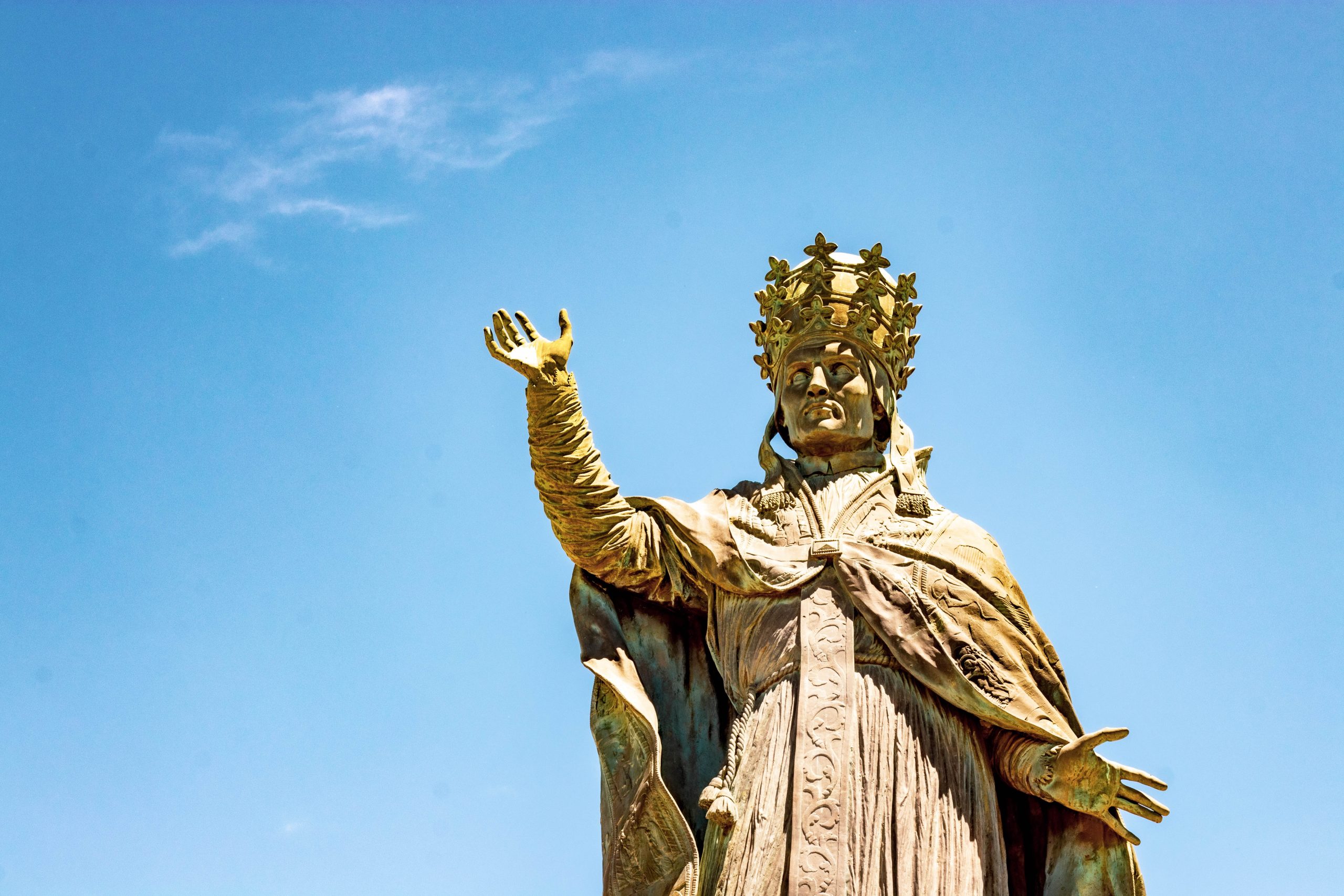
Molinism, that is the doctrine of middle knowledge (Lat. scientia media) has been a widely debated topic in Catholic and even Protestant theology for the past four and a half centuries. Despite Molina’s ideas being widely debated in the 16th and early 17th centuries, the Church under Pope Paul V chose not to pick a…
-
Newman’s Via Media Between James White and Dale Tuggy on the Trinity
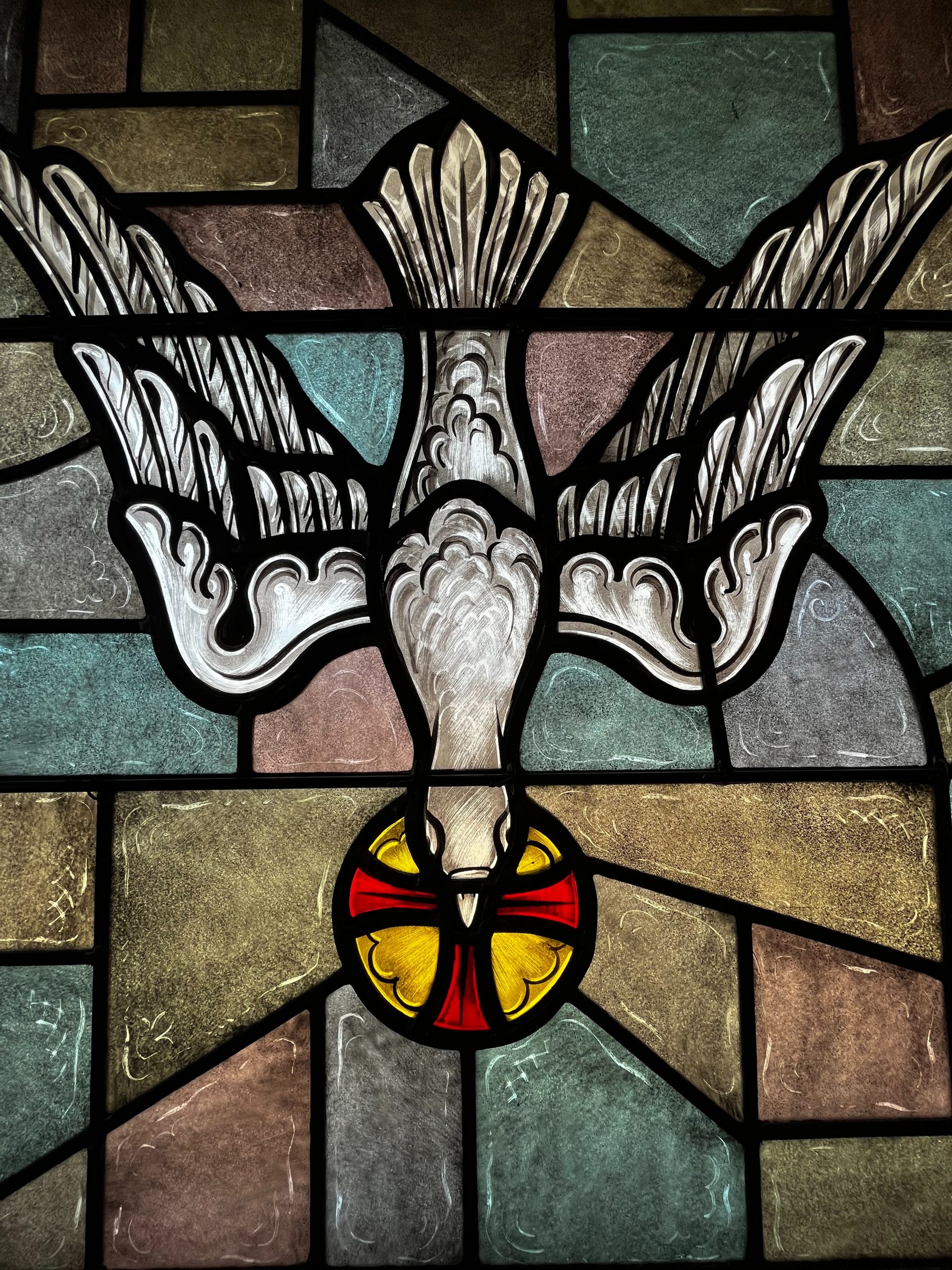
All Christians who profess belief in the doctrine of the Trinity believe that the doctrine of the Trinity is found in divine revelation. Where there is disagreement among Christians is the degree to which the doctrine of the Trinity, especially as it was later formalized, is clearly taught in Scripture and the earliest fathers. The…
-
Nocturnal Emissions and The End of Sexual Faculties

Gunther Laird in his book The Unnecessary Science: A Critique of Natural Law Theory has offered a number of criticisms of Edward Feser’s natural law theory. I have responded to some of his poorer arguments on abortion and same sex marriage. One of Laird’s better arguments is his argument that male nocturnal emissions refute the…
-
Natural Law Abortion? Another Response to Gunther Laird

Gunther Laird in his book The Unnecessary Science: A Critique of Natural Law Theory offers a number of arguments against Edward Feser’s account of natural law. Laird claims that on a number of issues, including abortion, Feser’s natural law theory fails to actually support Feser’s own position on abortion and can in fact be used…
-
Aristotelian Gay Marriage? A Response to Gunther Laird
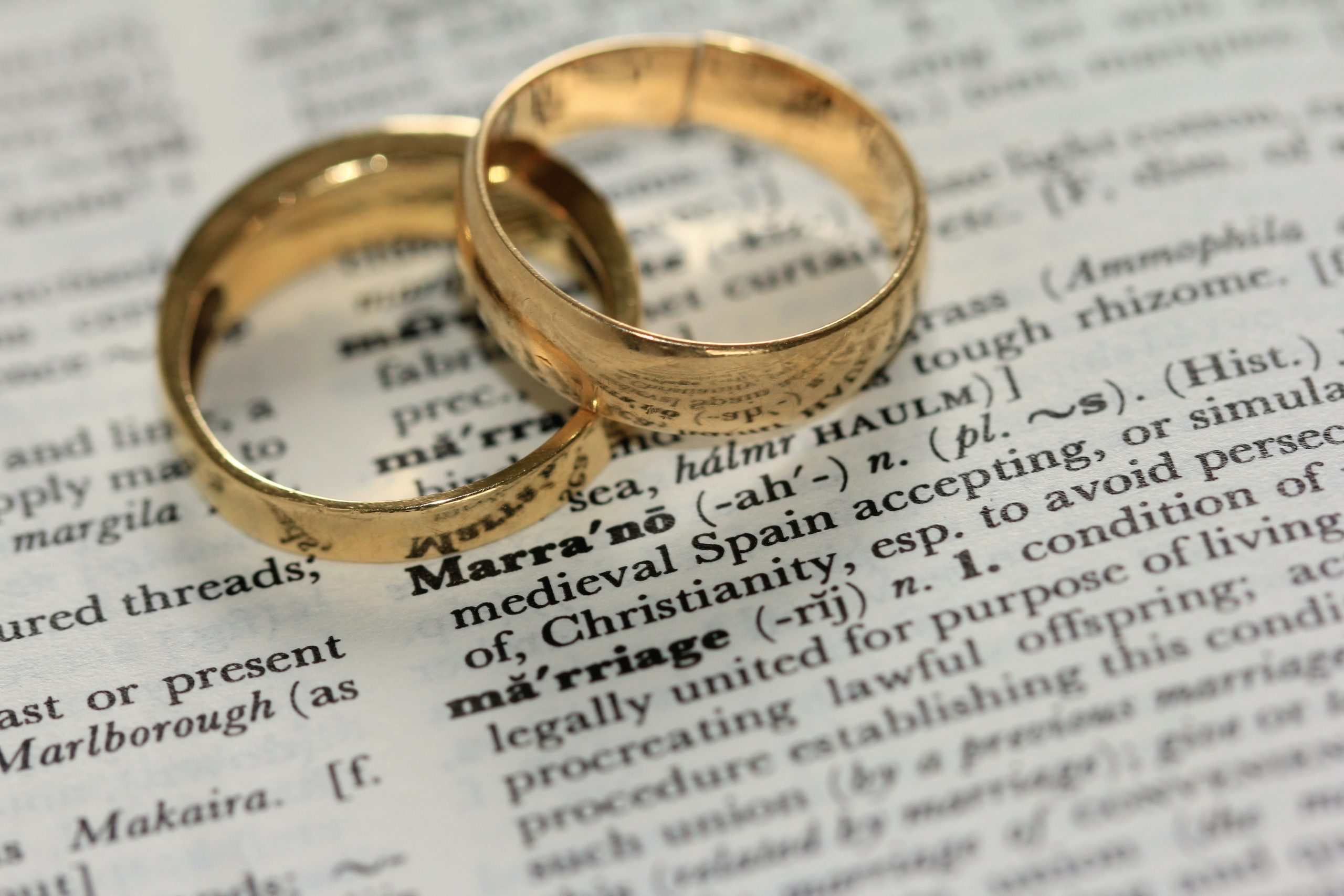
Gunther Laird recently authored the book The Unnecessary Science: A Critical Analysis of Natural Law Theory which is a critique of Edward Feser’s account of natural law. Throughout the book Laird attempts to show that even if one accepts Feser’s account of natural law, such an account is compatible with various positions which Feser himself…
-
Errorstotle? Examining Aristotle’s View of Future Contingents
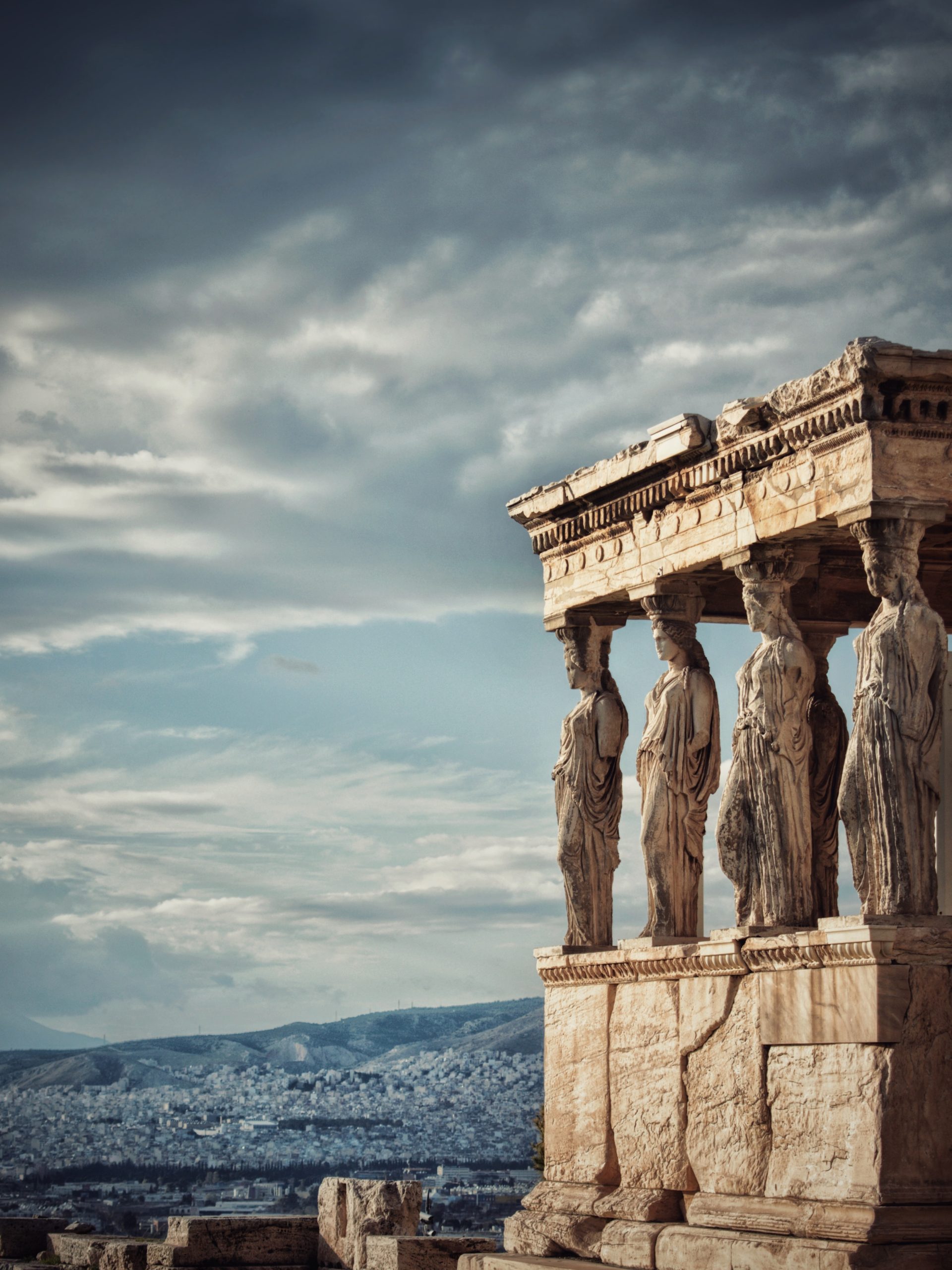
Aristotle is widely regarded as one of the greatest philosophers of all time. He is perhaps most highly regarded by Catholics because of the influence his ideas came to have in Medieval Christendom. Figures from Thomas Aquinas to William of Ockham referred to him as “the Philosopher”. Nevertheless, as widely regarded as Aristotle was, he…
-
Bad Objections to Marian Apparitions
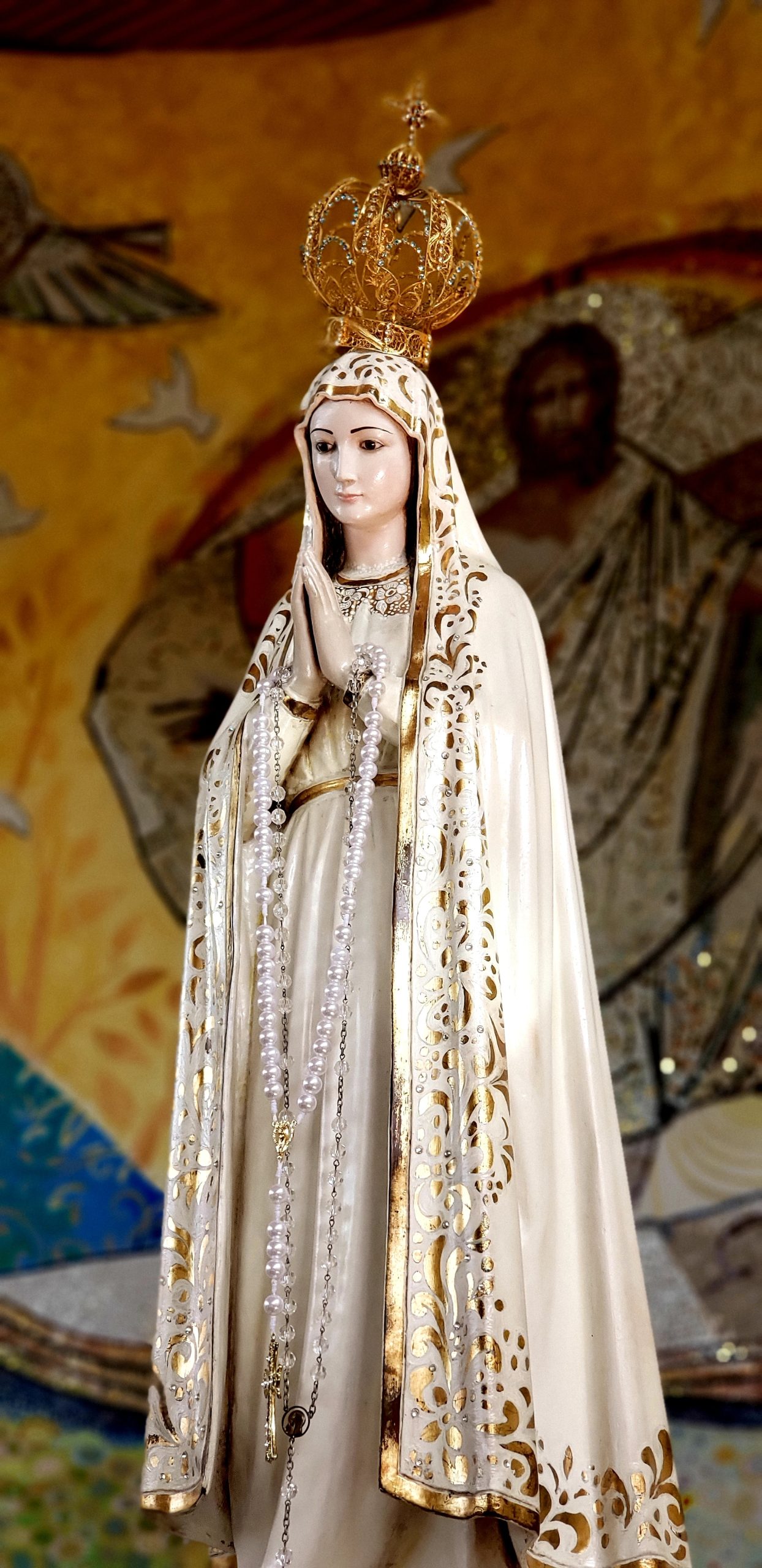
In their book The Cult of the Virgin: Catholic Mariology and the Apparitions of Mary, Elliot Miller and Kenneth Samples investigate the nature of Catholic devotion and in particular various Marian apparitions. The book is divided into two parts, the first looking at Catholic doctrine regarding Mary and the second looking at apparitions. In their…
-
“Into His Own”: The Marian Implications of Faith in John’s Gospel
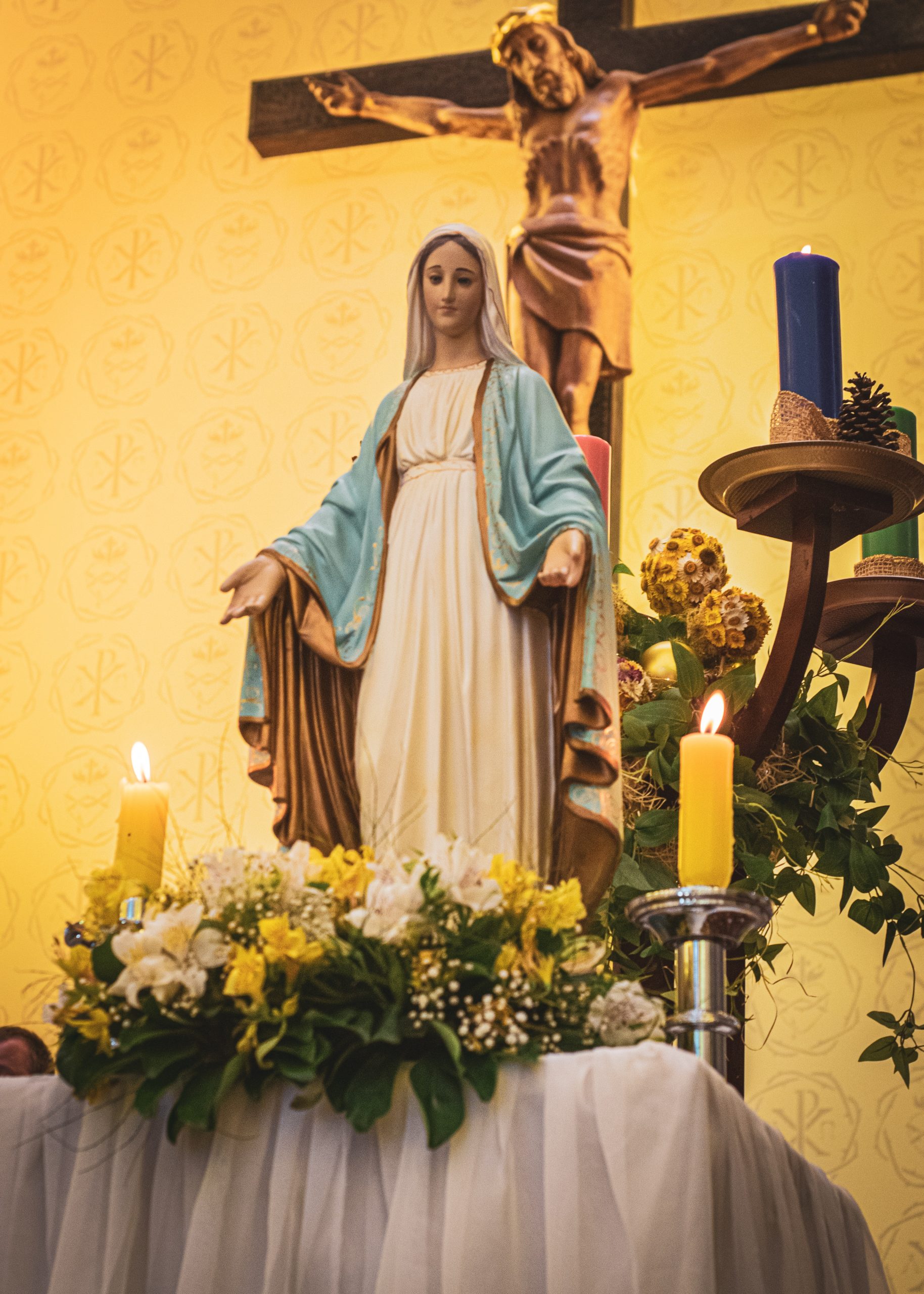
I was struck recently when reading the Greek of John’s Gospel by a verse in chapter 19 when Jesus is on the cross. After telling the beloved disciple John “Behold your Mother”, the Gospel states that “From that time on, the disciple took her into his home”. The Greek phrase for “into his home” is…
-
The Bishops are Right: How Horan and Lysaught Fail in Their Objections to the Doctrinal Note
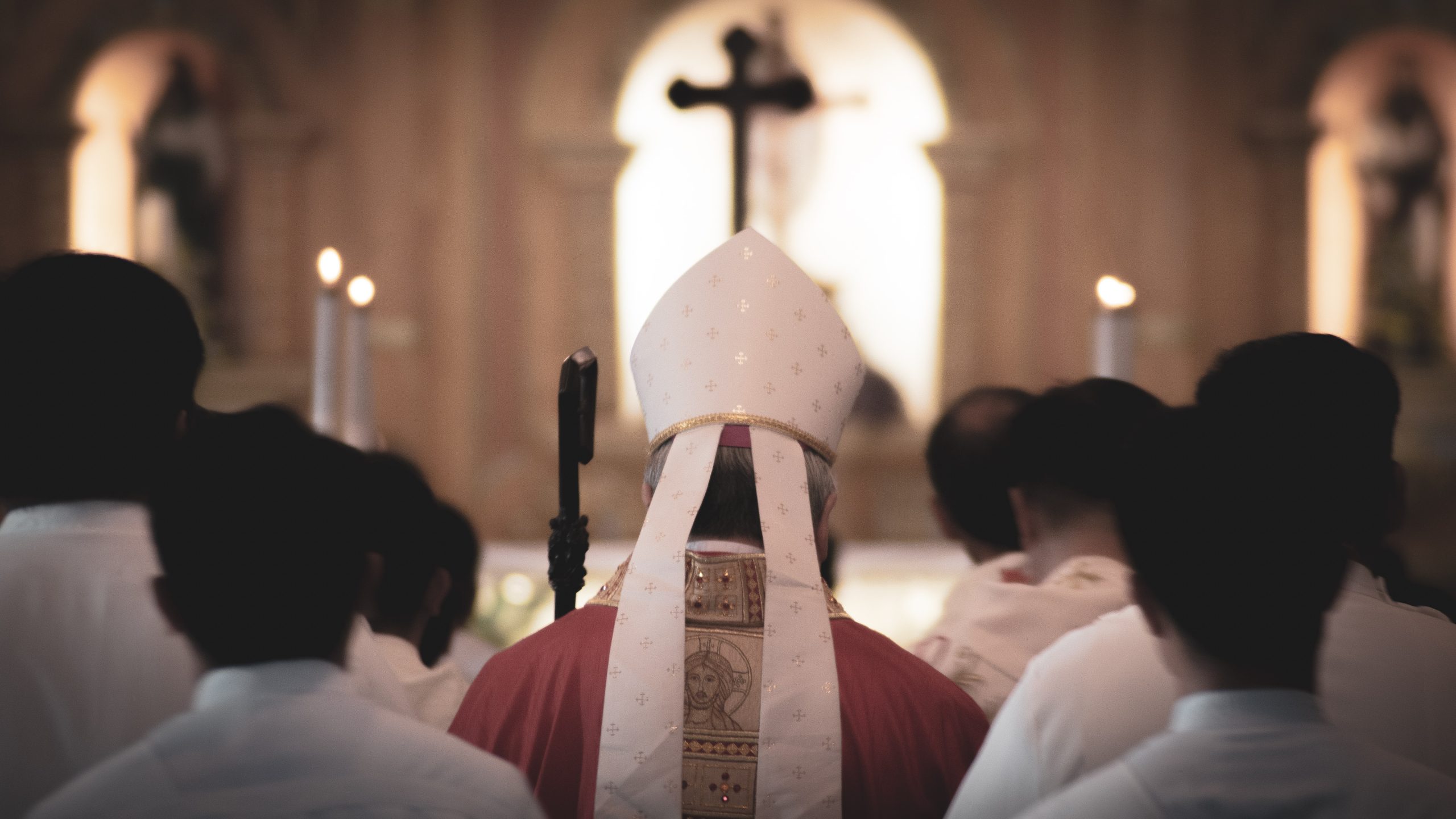
About a month and a half ago, on March 20th, the USCCB Committee on Doctrine issued a fairly straightforward 13 page document entitled “Doctrinal Note on the Moral Limits to Technological Manipulation of the Human Body“. The article outlines some basic Catholic teachings regarding the human body and when it is and is not licit…
-
A Protestant’s Catholic take on Adam and Eve.
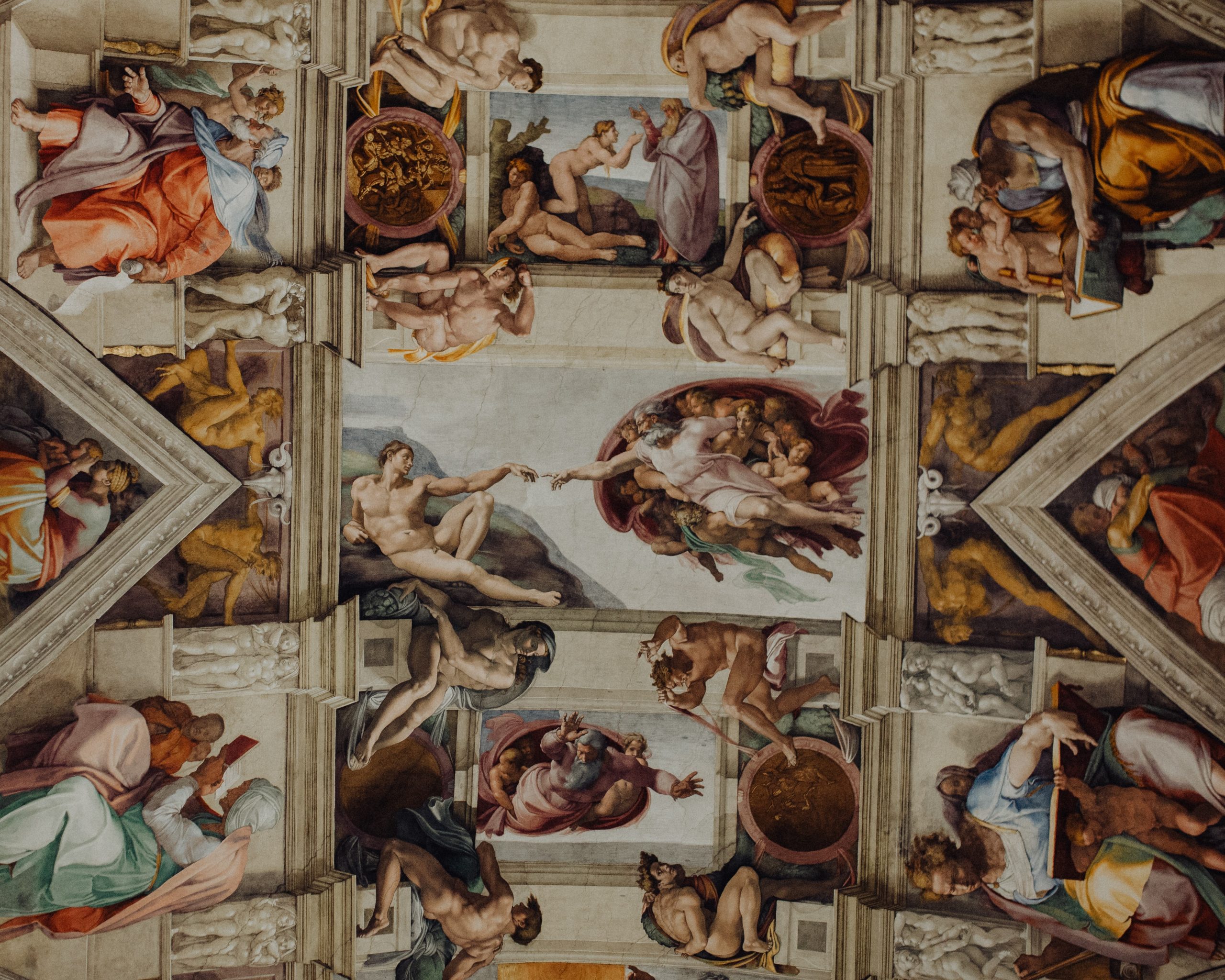
Did a historical Adam and Eve exist? If so, how does human evolution factor in? How do the teachings of science compare with the teachings of Genesis regarding the origins of mankind? Such questions are not at all new but are ever important and interesting. These questions are of interest to Catholics in particular because…